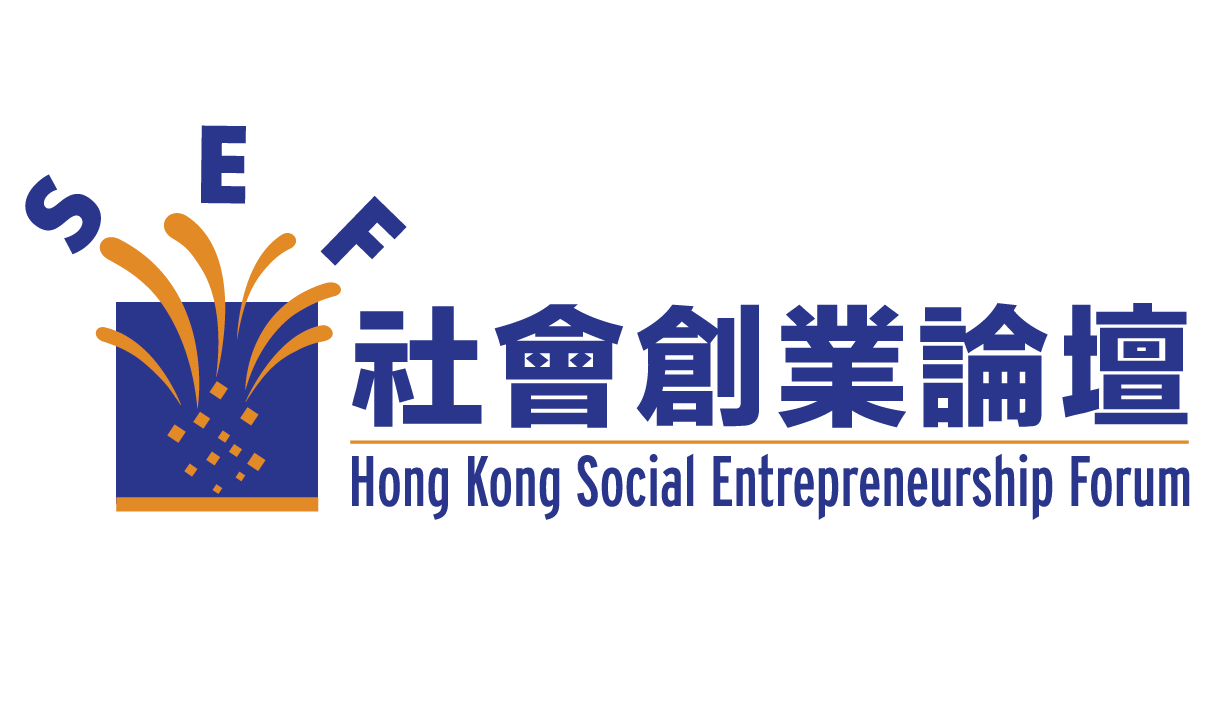Edited by Dr KK Tse
The World that Changes the World: How Philanthropy, Innovation, and Entrepreneurship are Transforming the Social Ecosystem
Edited by Willie Cheng and Sharifah Mohamed (Singapore: John Wiley & Sons, 2010)

This new book is a must-read for 2011. But who should read it? In the context of Hong Kong, I think the following groups would benefit from it. In fact, ‘benefit’ would be an understatement. I have the feeling that one could be greatly influenced by the contents of the book and would rethink how one could make his/her contribution to changing the world for the better. The groups of people I have in mind include:
- Practicing and aspiring social entrepreneurs
- Leaders of social enterprises struggling to make a breakthrough
- Capacity builders who are looking for leverages to make a difference
- Social investors who are looking for projects to support
- Government officials who take social entrepreneurship seriously
- Businesspersons and professionals who want to make a contribution in the social sector
What Some Leading Practitioners are Saying about the Book
“The World that Changes the World is itself, a catalyst for change. It presents a landscape of the things that matter most in the nonprofit world as seen through the eyes of the changemakers themselves, who sit not on the periphery but who eat, live, and breathe change in the nonprofit world. Wherever we are in the social ecosystem, the book has something for us.” – Wendy Kopp, Founder and CEO, Teach for America
“The multifaceted, multinational, multisectoral insights in this volume offer inspiration, ideas, and opportunities for action and impact.” – Melissa A. Berman, President and CEO, Rockefeller Philanthropy Advisors, Inc.
“The World that Changes the World is thought leadership at its best – envisioning the future through reflection and analysis of past trends and contemporary challenges.” – Senator the Hon. Ursula Stephens, Australian Parliamentary Secretary for Social Inclusion and the Voluntary Sector
“The World that Changes the World should become the pocket guide for changemakers of the world in the same way that The Lonely Planet is for travelers of the world.” – Gib Bulloch, Founder and Executive Director, Accenture Development Partnerships
Foreword by Bill Drayton, Founder and CEO, Ashoka: Innovators for the Public
Many people sense that society’s problems are multiplying faster and faster – and that they are outrunning solutions.
The answer lies in the hands of two groups of people.
The first group consists of social entrepreneurs. Social entrepreneurs can only be satisfied in life if they have changed one of society’s major systems significantly and for the good of all. They intuitively know they would never be satisfied with anything less. (By contrast, most artists and scholars come to rest when they express an idea; professionals when they solve a client’s problem; and managers when they make
their organization work well.)
As a result, social entrepreneurs are not distracted by local successes that could easily be achieved because of local personalities and circumstances, or by solving a symptom or a part of the problem. They relentlessly focus in on the root causes of the issue. They have to find and develop and refine and drive home groundbreaking approaches. They have to transform the patterns and systems of their field, be it human rights or health, in such game-changing ways that the problem dies.
The faster the society changes, the more often and more extensively its systems must be reformed – and the more essential social entrepreneurs become. Not only because they are entrepreneurs, but because their north star is to change the world’s systems for the good of all of us.
Democratic governments uniquely represent everyone (no one elected either Steve Jobs or Muhammad Yunus), but governments, typically structured as bureaucratic monopolies, desperately need social entrepreneurs to imagine and develop the future.
The second group the world needs is changemakers. As the rate of change continues to accelerate exponentially, every part of society – every company, religious house, school, citizen group, city, family, country – must constantly and in many ways also be adjusting. That will not be possible unless the people in that group spot, engage with, and contribute value to all the change around them.
That is why Ashoka’s goal is an ‘everyone a changemaker’ world.
The world that is upon us can only work if everyone functions in society like a smart white blood cell would in the body. Those who are not changemakers do not want to see problems because if they did, all that would happen is that they would feel badly about themselves.
Changemakers, quite to the contrary, are delighted to spot problems – because a problem is an opportunity to help others, be powerful, and exercise and strengthen their changemaking skills.
Both groups need one another. Indeed, social entrepreneurs typically spread their innovations by enticing people in one locality after another to adopt and champion them, i.e., by mass recruiting changemakers. These changemakers, in turn, are role models for their neighbours and also recruit them. Some of these changemakers, in turn, will become social entrepreneurs.
These two groups are both accelerating change and essential to staying ahead of it.
Willie Cheng is very much a part of this extraordinary, magical world.
He brings to it the rigor of his year as a partner in Accenture, where he headed the firm’s Singapore office and led the communications and high-tech practice. Over the last seven years he has, while remaining a leader in business, thrown himself actively into many dimensions of the citizen sector. He has charmed us, challenged us, and helped us think and act more clearly. He has also learned who among us is especially thoughtful.
This book benefits from all this.
Willie and his colleague, Sharifah Mohamed, have attracted an extraordinary group of contributors, and they enabled them to think together and produce true insights into our field at this historic inflection point.
This accomplishment mirrors one of the greatest – if often little understood – strengths: We work together within and between organizations, people, and movements with increasing skill and ease.
How did the world get the International Criminal Court a few years ago? Certainly not because the nation-states welcomed it: they had blocked it since 1940s, no doubt because it is the first break in their monopoly of sovereignty. This profoundly historic breakthrough came because 2,000 citizen groups across the world worked together and made it happen.
This book understands the forces at play – the challenges of a world accelerating toward a future defined by change, and the equally rapid emergence of social entrepreneurship and changemaking.
All of us, and all of those about whom we care, must give ourselves permission to be entrepreneurs and changemakers. And we must develop the skills to do so. This book will help.

